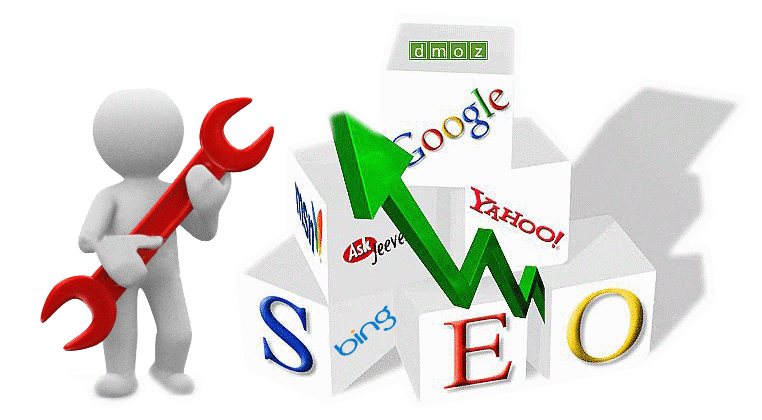SEO (Search Engine Optimization) has lots of guidelines, rules and affecters. One thing that will affect your SEO in a significant way is links. The most powerful links come from other websites (other domains), and this is the reason that lots of people buy links. The problem is that there are only very few circumstances where Google will find this acceptable. In Google’s eyes, almost all of links should be organic. They should have been created by other people in order to identify the significance of your website. If they find out that you are buying links then they will often punish your website or simply remove it from their search engine results.

It is not very difficult for a computer program to figure out if you are buying links. If you think about it, the commonalities in your own links and the links purchased by other people are going to be glaringly obvious to an empirically based computer program. So, here are a few ways to improve your SEO without having to buy links.
Upload unique content on a regular basis
This is one of the oldest search engine fuels. The point is not about the content; it is more about new and unique content. Obviously, modern search engines have to account for the fact that some information that is relevant now will be relevant in a few months, years, decades and even millennia (if we consider gospel literature).
So, if you upload good, usable and unique content, then it will always count in your favor. But, uploading new and unique content on a regular basis is going to help to increase your SEO, because search engines consider new information more relevant and useful than old data.
The theory is based upon the theory that we stand on the shoulders of giants as we progress, even though philosophers such as Nassim Taleb claim that modern research is nothing more than a curation and dilution of facts (think about that the next time you are reading an article that have been re-written innumerate times).
Create URLS and stick with them for a long time
Your domain is your original website name, and a URL is used to create other pages that contain the domain name and then a bit extra to identify the web page. Pick and choose them carefully for two reasons. Firstly, if you start deleting them here and there, then eventually you are going to have error 404s appearing everywhere. It is not good for your SEO if you have Google pointing at several pages that do not exist.
Furthermore, if you keep your URLs for longer, then they grow in credibility in the eyes of Google. Google will pay more attention to older web pages than newer web pages. For the website and subsequent web pages to have been maintained for such a long time, the search engines assume it must hold something of importance. For that matter, if you update your pages on a semi-routine basis, then you will increase their SEO value.
Update your web pages on a regular basis
If you do this then Google will perceive your website as well maintained and therefore useful and so will rank it higher up the search engine results pages.
Stick with one domain name for a long time
The older domain names will always rank higher than the newer ones. This is especially true if the pages or the domain has been updated regularly throughout the years.
Create content that people will link to
If your content is good or useful enough then people will link to it and your SEO value will go up.
Do an on-page SEO audit of your website
This is a simple process where you go through your website and check that it is conforming to all current SEO guidelines. It will help you to identify where your website is weak and where you are doing well.
Have ten keywords in each web page’s Meta keyword tag
Just having one or two may seem like a good idea, but Google is aware that more than two or three keywords are going to be present in a website. In addition, if you only have two or three in your Meta tags, then you are clearly not using all possible synonyms.
Add meaningful titles to each web page and have keywords embedded within
The titles will draw people onto your site, and the keywords will help to rank your pages a lot higher up the search engine results pages.
Create SEO friendly URLs for each web page
Each URL needs to be both SEO friendly and user friendly. You should have keywords in the URL instead of just page numbers and symbols. One or two readable keywords are all you need for a reasonable SEO benefit.
[box]
My name is Robert. I represent the web-site worldsystems, which can help you to solve all problems with software development and SEO.
[/box]

Neha Sharma
Neha Sharma
Neha Sharma
charan
Brian
John Zee
Sarah
Gregg
Tom
Kelly
Calra
Shirish Dhungel
Sandra
pieter
Joy
Danilo
Sudipto
Vlad
Sharma
Sarvesh Darak
mansi kaul
Prakash
Audra
Himanshu Jadli
prabhat
Steven Papas
Keral Patel
Farrell John Conejos